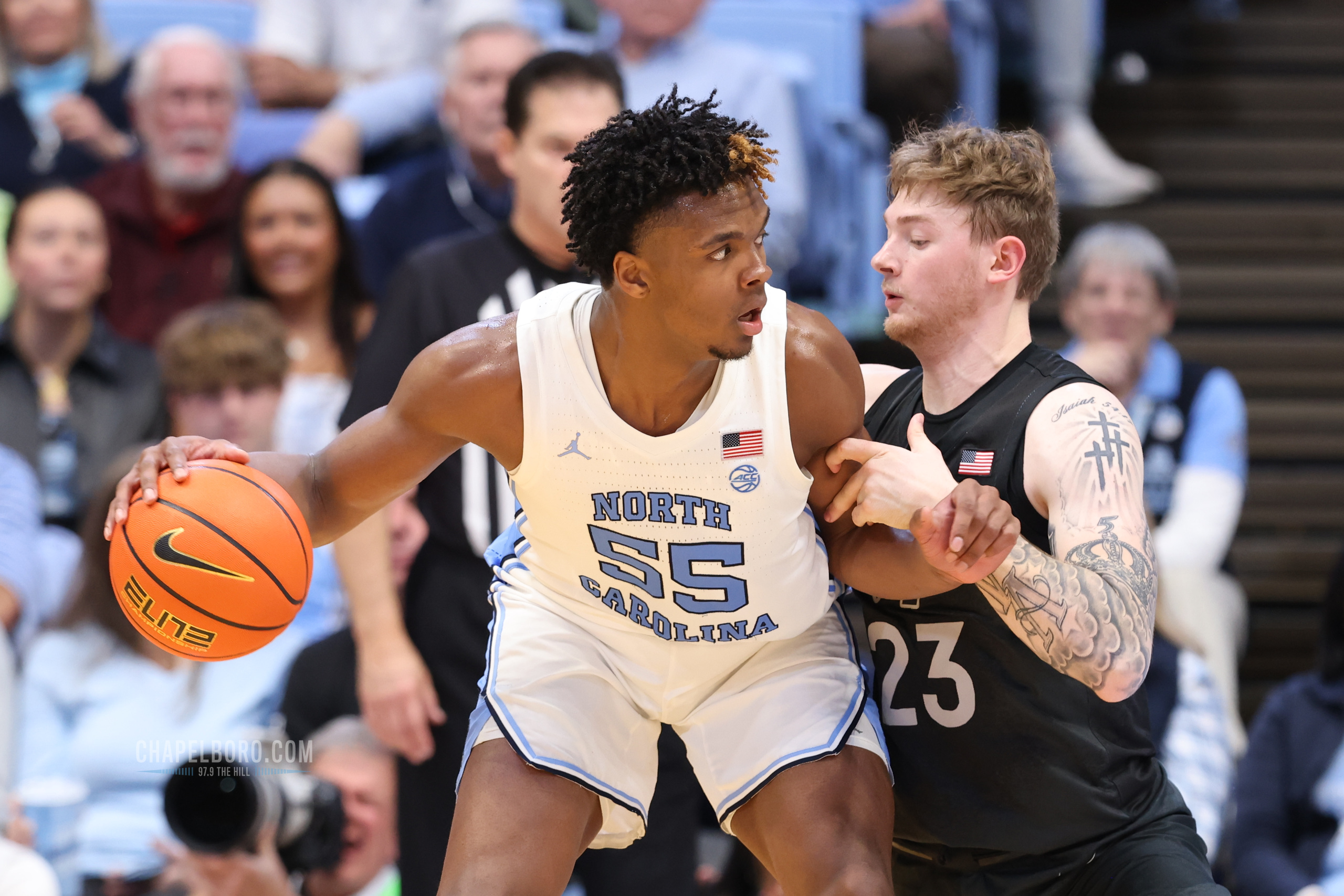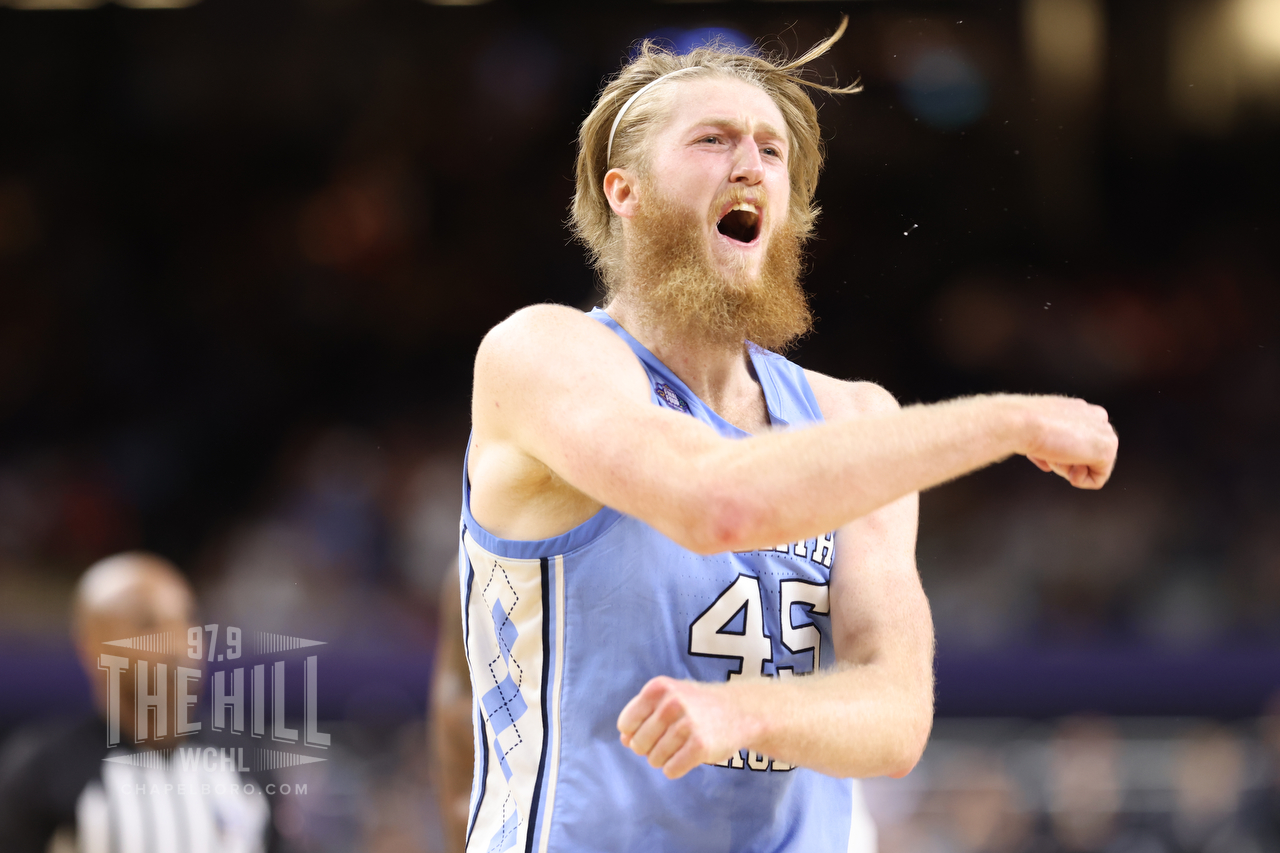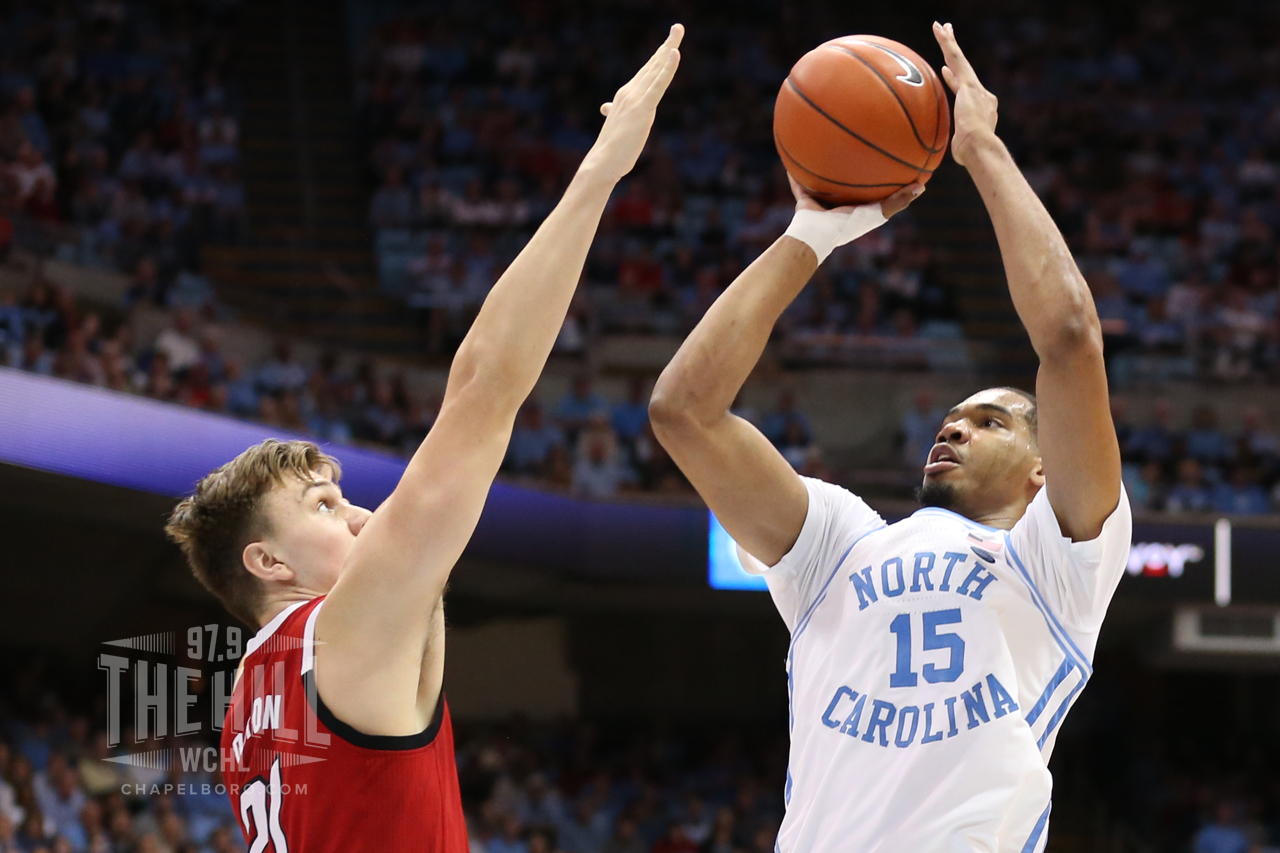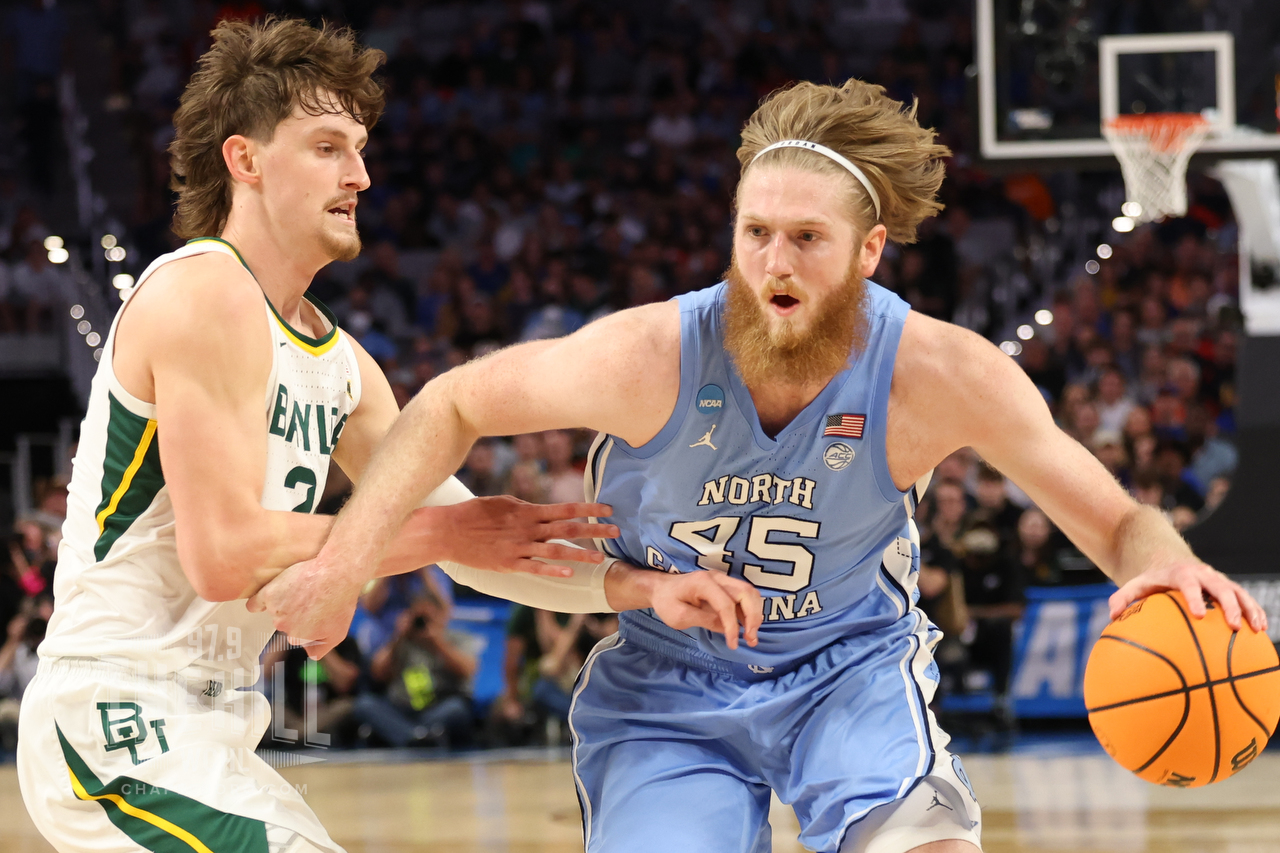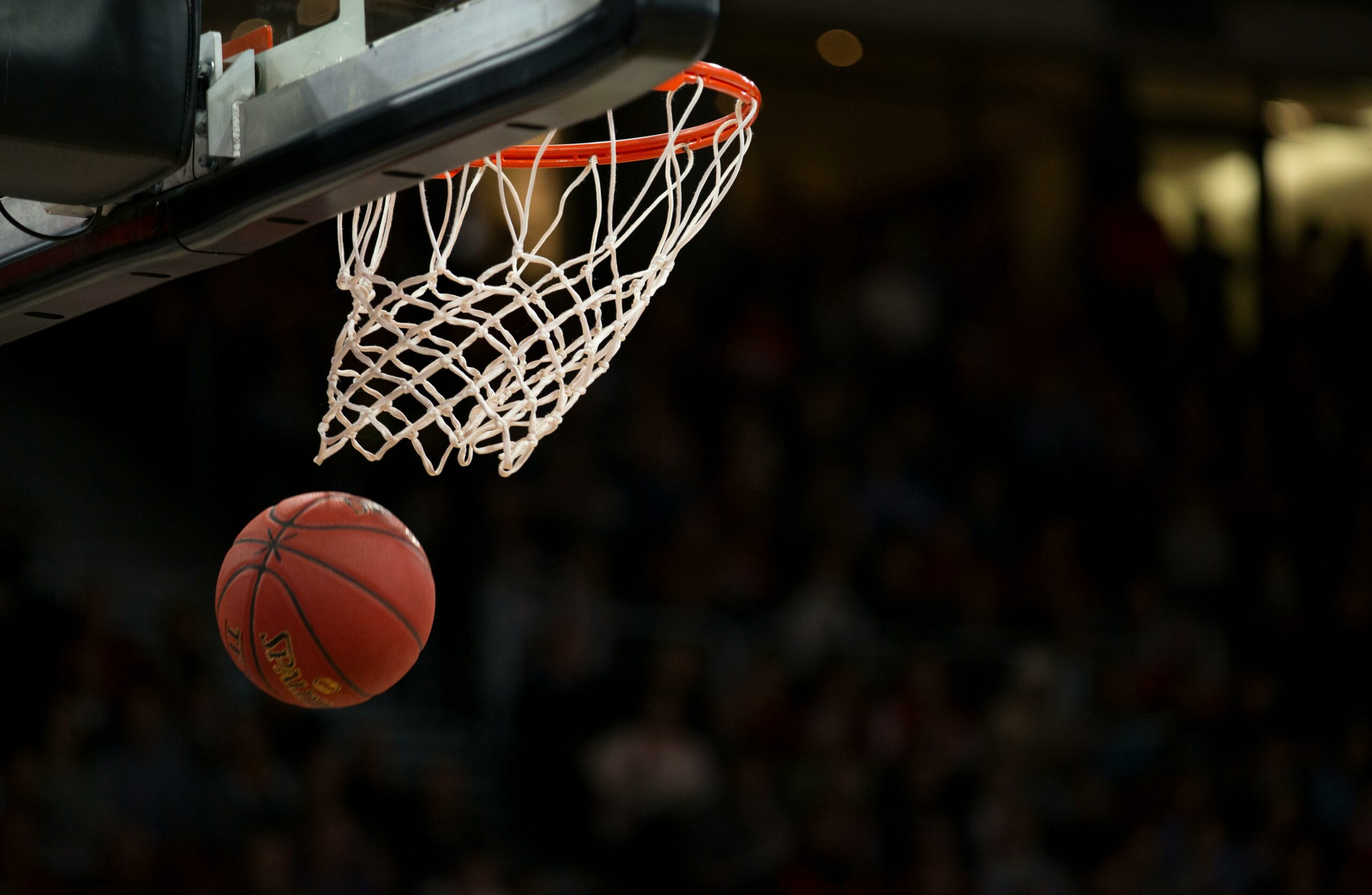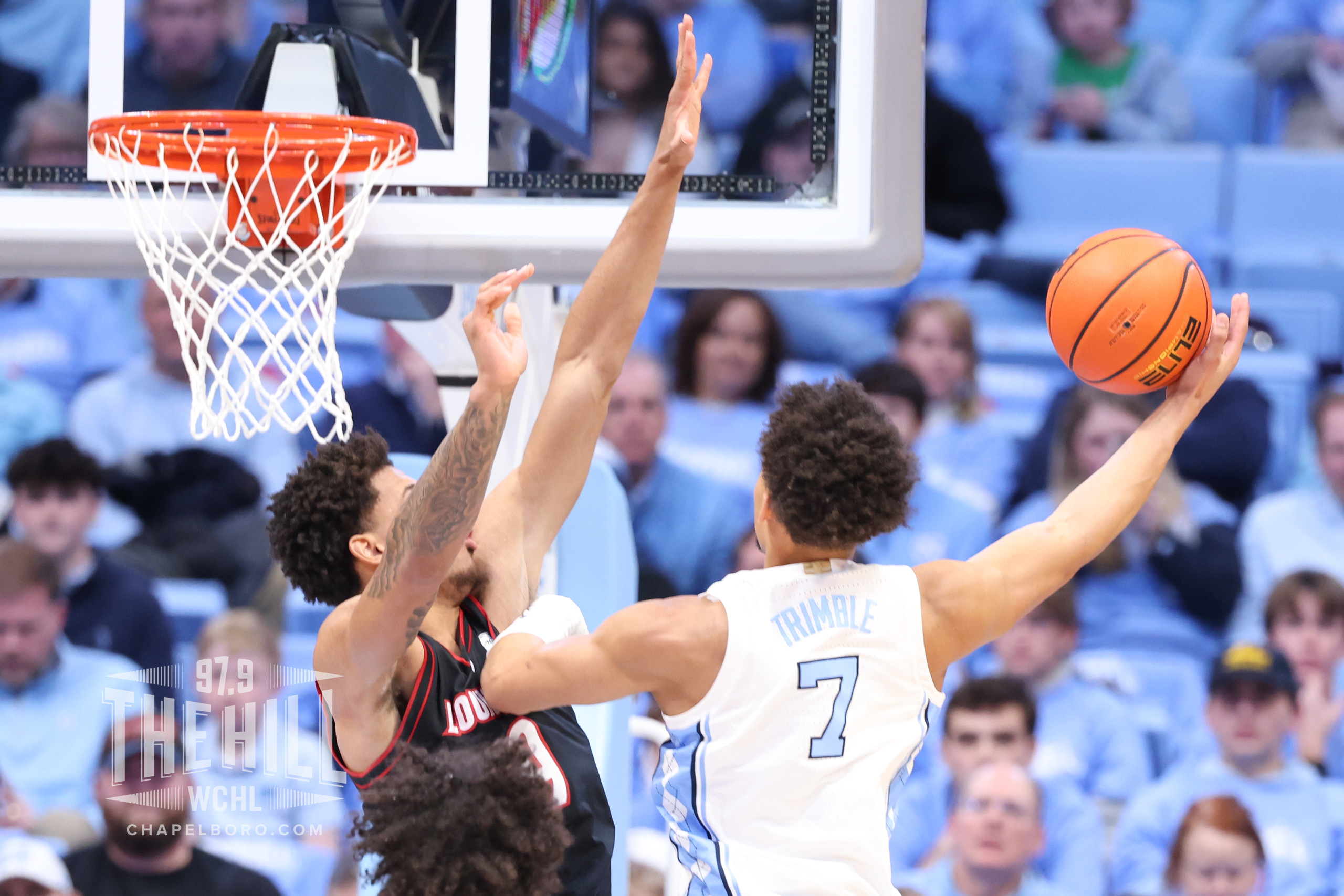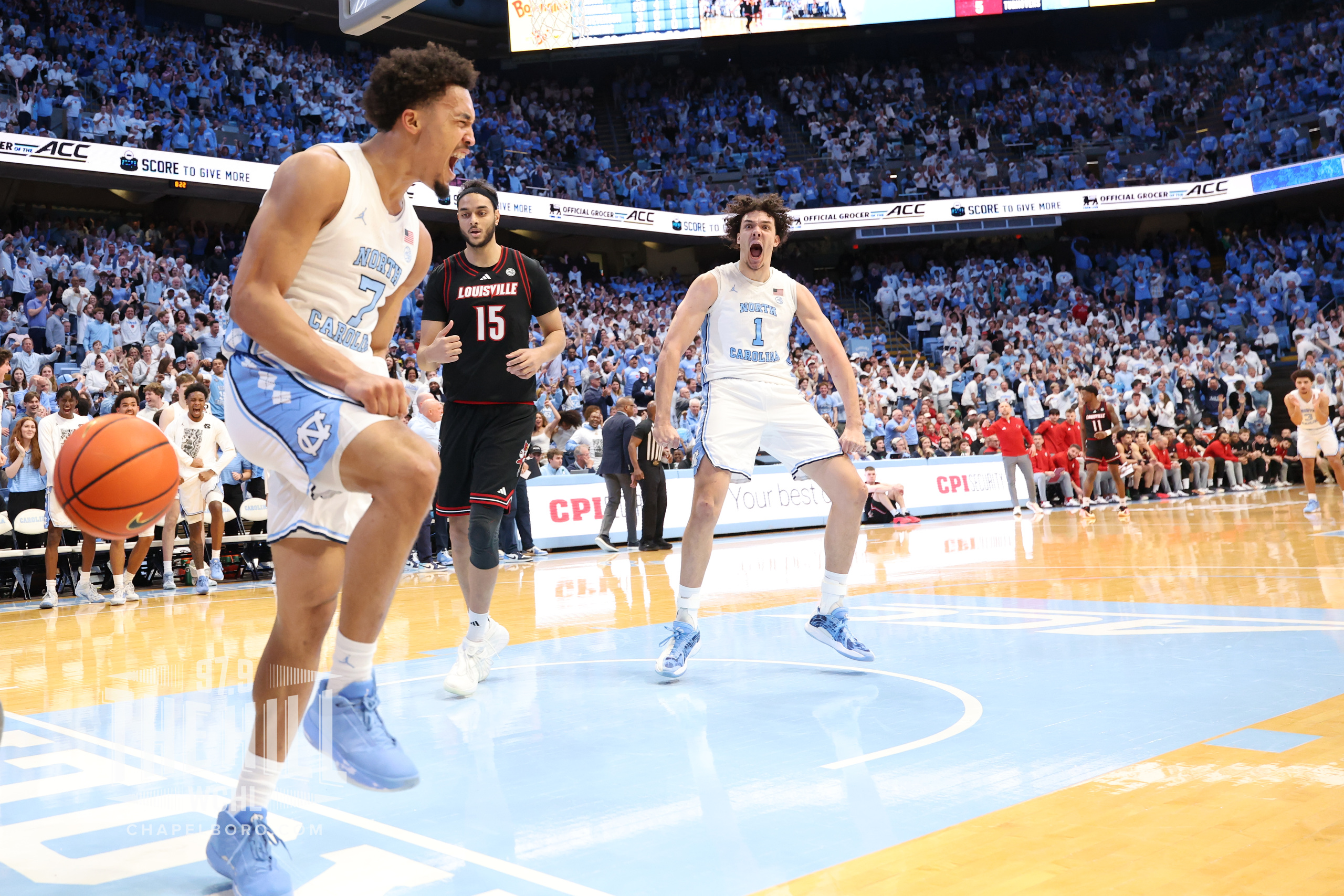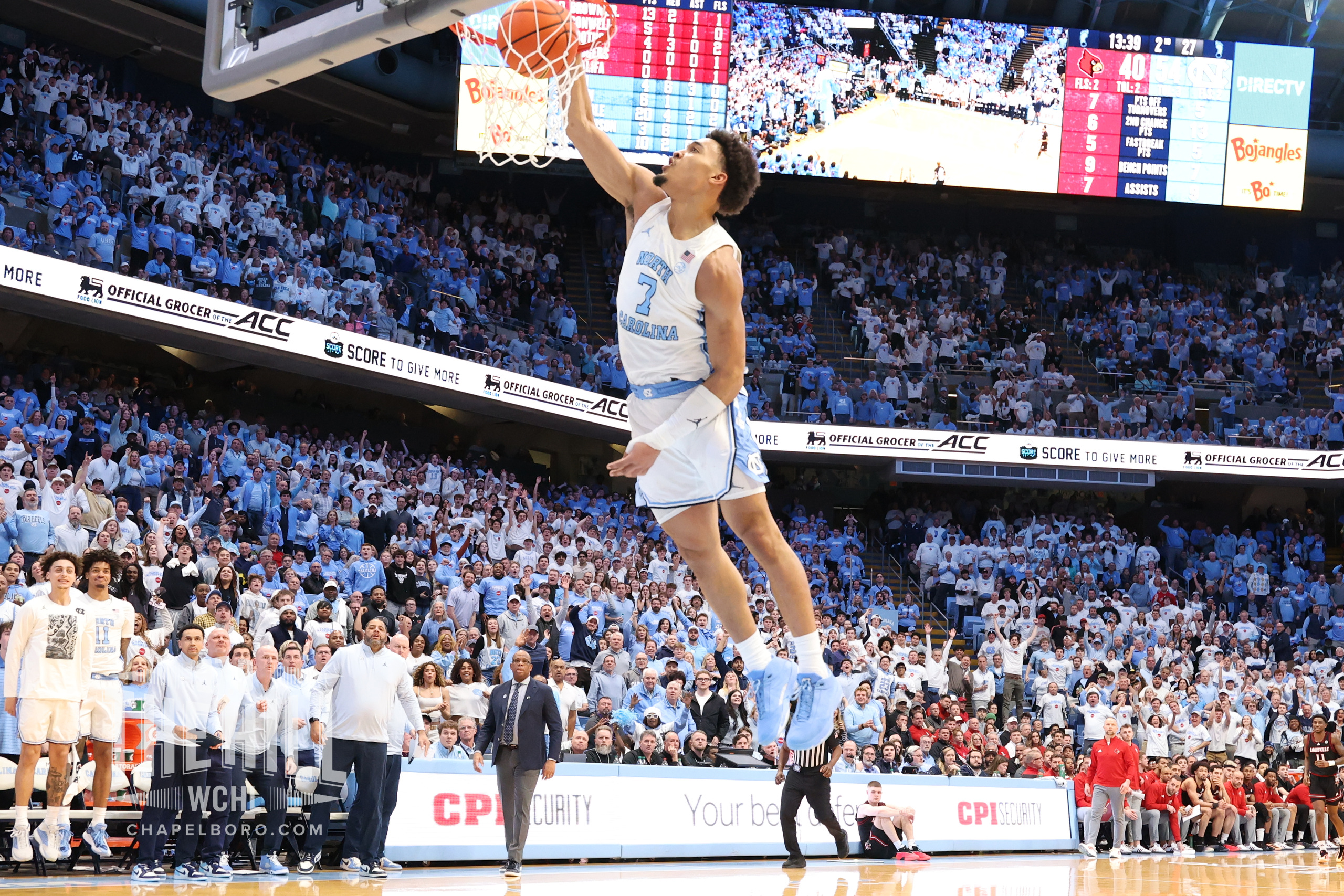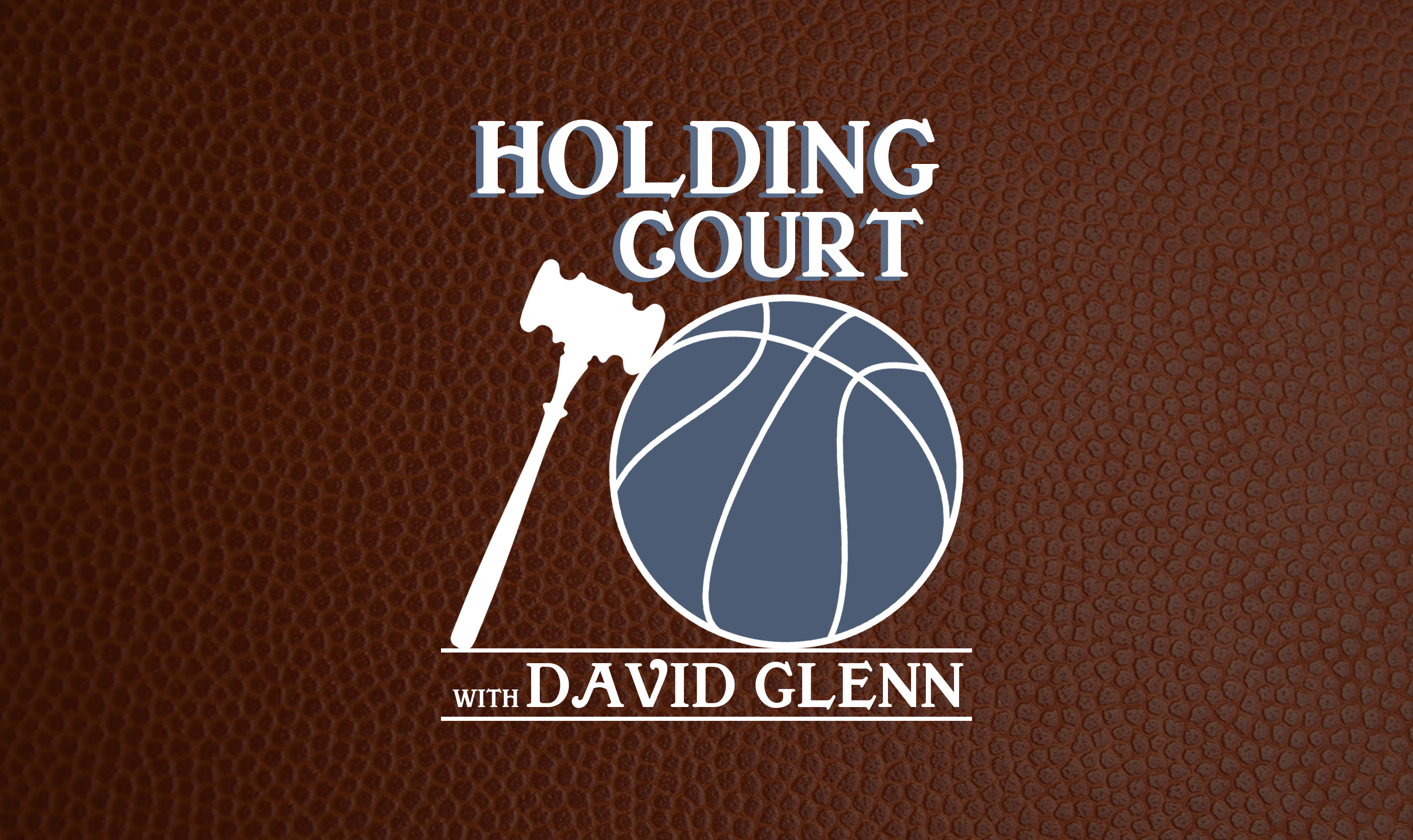
How Many Future NBA Players Does It Take To Build An NCAA Champion In Modern Era?
By David Glenn
(Part Five of a Six-Part NCAA/NBA Draft Series leading up to the June 23 NBA Draft, following Part One, Part Two, Part Three and Part Four)
When one or two Kansas players (senior guard Ochai Agbaji is a lock, and junior guard Christian Braun has a chance) are chosen in the first round of the NBA draft Thursday night, it will continue a fascinating streak.
Since the creation of a professional basketball draft in the United States, every single NCAA champion — 75 in a row! (1947-2022, with no champion crowned in the 2020 COVID campaign) — has had at least one future top-30 NBA draft pick (the equivalent of a modern first-round selection) in its playing rotation at the time it captured the title.
With that baseline established long ago, via research that went all the way back to before the existence of the NBA, the next curiosity questions were obvious.
Historically speaking, do you need more than one future NBA player to win the NCAA title? If yes, how many? Also, have the answers to those questions changed over the last eight decades?
Here are the short answers to those questions: yes, more than most people guess, and yes.
Since the creation of the NBA in the 1940s, the only NCAA champion ever to win it all with only one future NBA player on hand was California, in 1959. Star center Darrall Imhoff became the #3 overall pick in 1960, behind only legends-in-the-making Oscar Robertson and Jerry West.
There were only eight NBA franchises back then, and only three of them still exist under the same name today. A much smaller NBA, of course, meant far fewer NBA jobs. The league did secure a national television contract starting in 1953, but most American households didn’t have a TV at the time, and the league didn’t really take off as a TV product until the 1980s. As a result, player salaries were so modest in most cases that many players held second jobs during the offseason to support their families.
These are among the reminders of the difficulty of trying to match data from distant eras. Some analogies may be appropriate, but true apples-to-apples comparisons can be hard to find.
With that in mind, consider these striking NCAA champion numbers from the modern era (for a detailed team-by-team breakdown, see below).
During the first decade of this century (2000-09):
* Every NCAA champion had multiple future NBA players on hand when they won it all.
* Every NCAA champion had not only at least one future first-round draft pick at its disposal, they all had at least one future NBA lottery (top-14) pick in their playing rotation.
* The 10 NCAA champions from this relatively recent decade averaged 2.5 future NBA lottery picks per team.
* These 10 NCAA champions averaged 3.5 future NBA first-round (top-30) selections per team.
* These 10 NCAA champions averaged 5.2 future NBA players per team, in a sport that allows each side to utilize only five players at a time.
Even the modern era has exceptions, mind you, including 2003 Syracuse from this star-studded stretch. Hall of Fame coach Jim Boeheim had “only” two future NBA players in his lineup, freshman forward Carmelo Anthony and sophomore forward Hakim Warrick, when the Orange gave him his first and only NCAA title almost two decades ago.
Since 1966, the only NCAA champions who had only two future NBA players on hand while winning it all were 1988 Kansas, 2003 Syracuse, 2014 Connecticut and possibly 2021 Baylor (some players from that team remain in college and still could make the NBA).
North Carolina’s two national champions from the 2000-09 stretch symbolized the much more common modern path to an NCAA title; they were absolutely loaded with future NBA players.
In 2005, the six players Hall of Fame coach Roy Williams used most in the NCAA championship game all later played in the NBA, and four of them were 2005 lottery picks: freshman forward Marvin Williams (#2), junior point guard Raymond Felton (#5), junior center Sean May (#13) and junior wing guard Rashad McCants (#14). No NCAA champion has ever had more lottery picks.
In 2009, Williams had seven future NBA players on his roster, and six of them have played in The League for an extended period: senior wing guard Danny Green (13 NBA seasons and counting), junior wing guard Wayne Ellington (13 and counting), freshman center Ed Davis (12 and counting), junior point guard Ty Lawson (eight), freshman center Tyler Zeller (eight) and senior forward Tyler Hansbrough (seven). Green was a second-round NBA pick; the other five were first-round selections. Davis and Hansbrough were lottery picks.
Only one NCAA champion, 1996 Kentucky, led by Hall of Fame coach Rick Pitino, has ever had a bigger “NBA factor” than the 2009 Tar Heels, whether measured by future NBA players (nine) or NBA games played (4,560, including the postseason).
Collectively, the 2009 Tar Heels have played 4,040 NBA games. Because Davis (33 years old), Ellington (34) and Green (turns 35 tomorrow) remain active NBA players, that modern UNC squad still has a chance to catch the (fully retired) 1996 Wildcats for first place in that category.
TOP-30 NBA PICKS ON NCAA CHAMPIONS (2000-09)
For detailed information on the NCAA champions from 1990-99, please click here.
For detailed information on the NCAA champions from 1980-89, please click here.
For detailed information on the NCAA champions from 1970-79, please click here.
For detailed information on the NCAA champions from 1955-69, please click here.
2009 North Carolina
Head Coach: Roy Williams
Starters Who Became Top-30 NBA Picks (3): senior F Tyler Hansbrough (#13), junior PG Ty Lawson (#18), junior G Wayne Ellington (#28)
Backups Who Became Top-30 NBA Picks (2): freshman C Ed Davis (#13), freshman C Tyler Zeller (#17)
NBA Players/Games (7/4,040+): senior G Danny Green* (984), Ellington* (781), Davis* (755), Lawson (587), Hansbrough (472), Zeller (439), freshman PG Larry Drew (22)
2008 Kansas
Head Coach: Bill Self
Starters Who Became Top-30 NBA Picks (2): junior G Brandon Rush (#13), sophomore F Darrell Arthur (#27)
Backups Who Became Top-30 NBA Picks (1): freshman C Cole Aldrich (#11)
NBA Players/Games (7/2,317): junior PG Mario Chalmers (745), Arthur (531), Rush (503), Aldrich (350), senior F Darnell Jackson (143), senior C Sasha Kaun (25), sophomore PG Sherron Collins (20)
2007 Florida
Head Coach: Billy Donovan
Starters Who Became Top-30 NBA Picks (3): senior F Al Horford (#3), junior F Corey Brewer (#7), junior C Joakim Noah (#9)
Backups Who Became Top-30 NBA Picks (1): freshman C Marreese Speights (#16)
NBA Players/Games (6/3,551+): Horford* (1,097), Brewer (866), Speights (765), Noah (734), senior F Chris Richard (72), junior PG Taurean Green (17)
2006 Florida
Head Coach: Billy Donovan
Starters Who Became Top-30 NBA Picks (3): junior F Al Horford (#3), sophomore F Corey Brewer (#7), sophomore C Joakim Noah (#9)
Backups Who Became Top-30 NBA Picks (0): none
NBA Players/Games (5/2,786+): Horford* (1,097), Brewer (866), Noah (734), junior F Chris Richard (72), sophomore PG Taurean Green (17)
2005 North Carolina
Head Coach: Roy Williams
Starters Who Became Top-30 NBA Picks (3): junior PG Raymond Felton (#5), junior C Sean May (#13), junior G Rashad McCants (#14)
Backups Who Became Top-30 NBA Picks (1): freshman F Marvin Williams (#2)
NBA Players/Games (6/2,678): Marvin Williams (1,131), Felton (1,018), McCants (249), May (119), senior F Jawad Williams (93), junior F David Noel (68)
2004 Connecticut
Head Coach: Jim Calhoun
Starters Who Became Top-30 NBA Picks (2): junior C Emeka Okafor (#2), junior G Ben Gordon (#3)
Backups Who Became Top-30 NBA Picks (4): freshman F Charlie Villanueva (#7), sophomore F Hilton Armstrong (#12), freshman PG Marcus Williams (#22), freshman C Josh Boone (#23)
NBA Players/Games (6/2,863): Gordon (773), Villanueva (665), Okafor (623), Armstrong (319), Boone (268), Williams (215)
2003 Syracuse
Head Coach: Jim Boeheim
Starters Who Became Top-30 NBA Picks (2): freshman F Carmelo Anthony (#3), sophomore F Hakim Warrick (#19)
Backups Who Became Top-30 NBA Picks (0): none
NBA Players/Games (2/1,875+): Anthony* (1,343), Warrick (532)
2002 Maryland
Head Coach: Gary Williams
Starters Who Became Top-30 NBA Picks (2): sophomore F Chris Wilcox (#8), senior G Juan Dixon (#17)
Backups Who Became Top-30 NBA Picks (0): none
NBA Players/Games (4/2,169): junior PG Steve Blake (923), Wilcox (630), Dixon (454), senior C Lonny Baxter (162)
2001 Duke
Head Coach: Mike Krzyzewski
Starters Who Became Top-30 NBA Picks (3): sophomore PG Jay Williams (#2), sophomore F Mike Dunleavy (#3), senior F Shane Battier (#6)
Backups Who Became Top-30 NBA Picks (0): none
NBA Players/Games (5/3,761): Battier (1,089), Dunleavy (1,018), sophomore C Carlos Boozer (944), freshman PG Chris Duhon (635), Williams (75)
2000 Michigan State
Head Coach: Tom Izzo
Starters Who Became Top-30 NBA Picks (2): senior PG Mateen Cleaves (#14), senior F Morris Peterson (#21)
Backups Who Became Top-30 NBA Picks (1): freshman F Jason Richardson (#5)
NBA Players/Games (4/2,189): Richardson (894), Peterson (744), junior G Charlie Bell (384), Cleaves (167)
*-active NBA player during 2021-22 season (team/individual game totals may rise)
Next Time: Our final post on this NCAA champion/NBA draft connection. Thanks for reading.
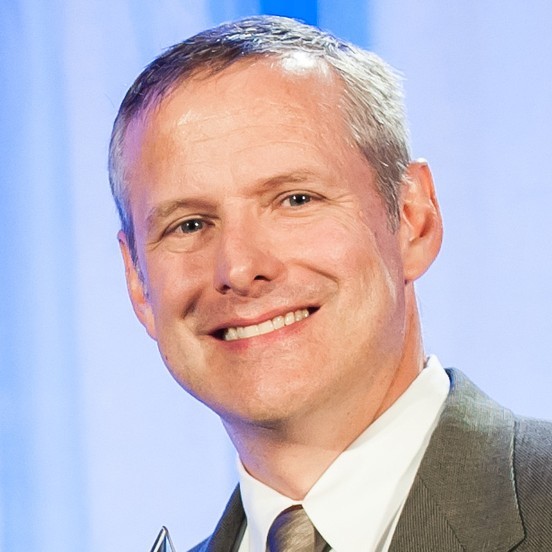 David Glenn (DavidGlennShow.com, @DavidGlennShow) is an award-winning author, broadcaster, editor, entrepreneur, publisher, speaker, writer and university lecturer (now at UNC Wilmington) who has covered sports in North Carolina since 1987.
David Glenn (DavidGlennShow.com, @DavidGlennShow) is an award-winning author, broadcaster, editor, entrepreneur, publisher, speaker, writer and university lecturer (now at UNC Wilmington) who has covered sports in North Carolina since 1987.
The founding editor and long-time owner of the ACC Sports Journal and ACCSports.com, he also has contributed to the Durham Herald-Sun, ESPN Radio, the New York Times, the Washington Post, Raycom Sports, SiriusXM and most recently The Athletic. From 1999-2020, he also hosted the David Glenn Show, which became the largest sports radio program in the history of the Carolinas, syndicated in more than 300 North Carolina cities and towns, plus parts of South Carolina and Virginia.
Chapelboro.com does not charge subscription fees, and you can directly support our efforts in local journalism here. Want more of what you see on Chapelboro? Let us bring free local news and community information to you by signing up for our biweekly newsletter.


